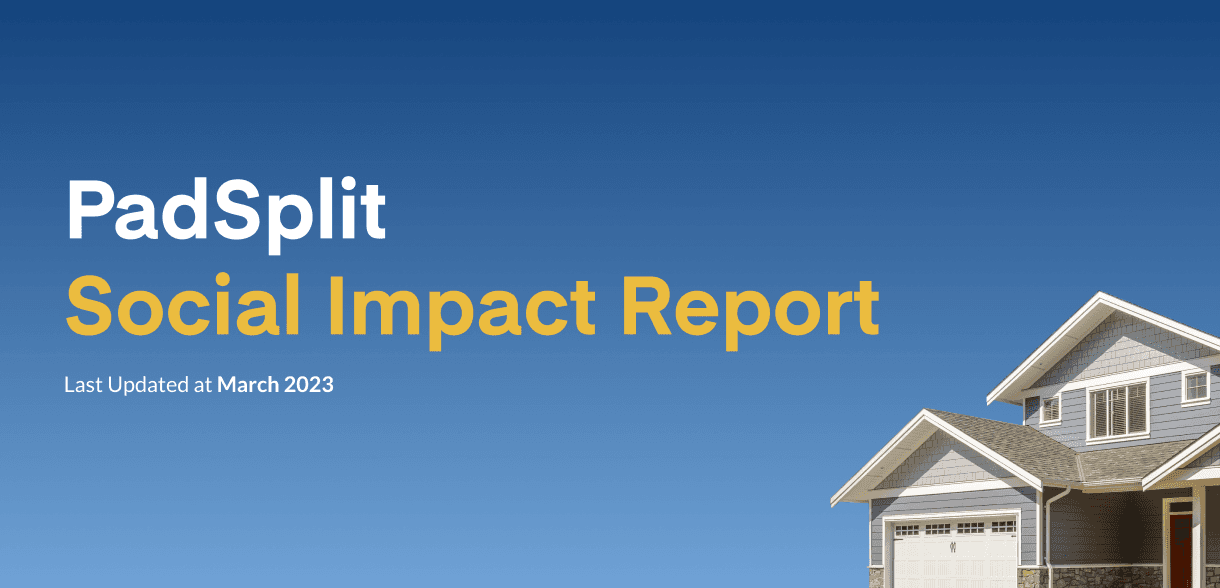Reaching your financial goals takes focus and discipline.
A monthly budget is a tool that can help you realize them faster, but it only works if you stick to it. Fortunately, managing a budget only seems hard in the beginning and gets easier with practice.
Here are some easy ways to help you manage and stick to your monthly budget.
Review your spending once a week.
Every penny you spend adds up to lots of money over time. Save your receipts and write down any money you spend throughout the week. This includes bills, groceries, gas, and unexpected expenses. Dedicate 20 to 30 minutes every week to review your spending. Be honest with yourself about how well you’re sticking to your monthly budget. Then, make any adjustments so you can get back on track. Catching and changing bad habits one week in is better than a month or longer down the road.
Treat your savings account like a bill.
Every dollar you save adds up over time. Treat your savings account like a bill and pay it regularly. Depending on your budget, this could be once a week, once every two weeks, or once a month. Depositing money into a savings account regularly is a good habit because it helps build a financial safety net in case something happens. It also helps you reach your financial goals faster.
Stick to your weekly grocery budget.
Unexpectedly spending more on food is probably the easiest way to go over budget. Meal plan and create a weekly grocery budget. Then, stick to it. Do not buy anything that’s not on your list and don’t eat out when you already have food at home. The savings add up over time.
Give yourself an allowance.
Sticking to your monthly budget shouldn’t feel restrictive. If it does, you likely won’t stick to it. Give yourself some money each week for “fun.” This could be as little as $3 to buy breakfast from the McDonald’s dollar menu on your way to work once a week. It could be as much as $25 to go to a movie with friends. How much you give yourself for “fun” purchases depends on your budget, financial goals, and interests.
Save up for big purchases or surprises.
When you use credit cards or loans to make purchases, you’re essentially using someone else’s money. They charge you interest on the money you borrow and you wind up paying even more for the item. If you’re unable to make payments, it negatively impacts your credit score which hurts you in the long run. Save money by saving up for big purchases rather than using a credit card or loan. Create a savings goal for big purchases and build it into your monthly budget.
Practice, practice, practice.
Learning how to successfully manage money takes practice. In the beginning, it may feel overwhelming. It takes time to get used to planning your spending, putting off purchases and achieving your financial goals. As you practice, it becomes easier and easier to manage your monthly budget. Be disciplined and patient with yourself. You will realize your financial goals.
Conclusion: Managing your monthly budget requires a little time and discipline. But, it’s easy once you get the hang of it. It’s also super rewarding. Stick to your monthly budget and you’ll realize your financial goals in no time.
One of the biggest line items in a budget are housing expenses. In addition to rent, there are electricity, gas, water, and wifi bills that are often due on different dates each month. Consider moving into a PadSplit to cut your expenses. Not only will you save money, but it’s one fixed payment each week. Become a PadSplit Member today, and start saving!


